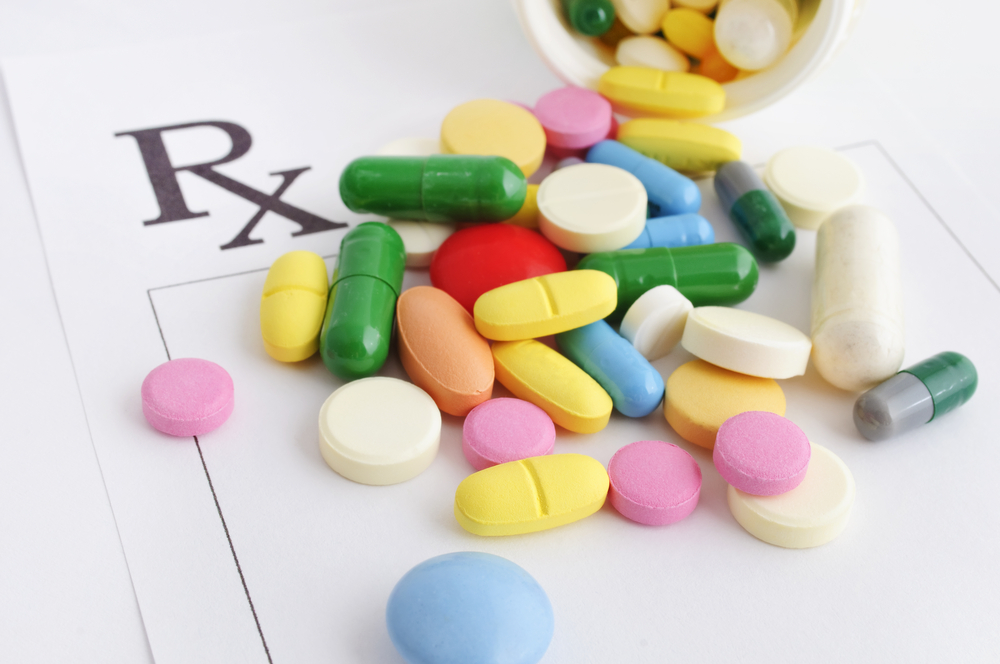In today’s world, the price of medication has become quite expensive. In fact, the rising cost of prescription drugs has been one of the main topics in the great debate of US healthcare. Thankfully, there are ways your local pharmacy can help. Here are tips to help you save money while still receiving the treatment you need.
- Consider prescriptions without the assistance of insurance. At first this may seem like the more expensive option, but according to a study done by Consumer Reports, many pharmacy chains and “big box” stores sell common generic drugs for less than $5 for a 30-day supply and less than $15 for a 90-day supply for patients who can pay out of pocket. However, your ability to receive this discount depends upon the certain types of medication and the condition for which it is treating. If you choose this method, the money spent will not go towards your deductible. If you’re on Medicare, Medicaid, or Tricare, you may not be eligible
- Complete a medication review. If you receive different medications from multiple prescribers, there’s a high risk one of those medications is incorrect. This results in poly-pharmacy, which tends to affect elderly patients and patients with multiple co-morbid conditions. Pharmacies should inform patients that the discontinuation of unnecessary meds will also reduce the amount they’re spending on prescriptions. Pharmacies can identify all meds being used through a medication and medical history, and then they can see exactly which meds are helpful in treating the current state of the patient.
- Ask about 90-day prescriptions. If you have a chronic condition and will need certain medications for an extended period of time, ask about filling a 90-day prescription rather than the typical 30-day option. With 90-day prescriptions, there is one co-pay whereas 30-day prescriptions have three co-pays for the same amount of meds. You would also only have to make one trip to the pharmacy every three months for a refill.
- Get generic rather than brand name meds. In the US, 88% of prescriptions are for generic meds. However, your prescriber isn’t obligated to give you generic. That being said, make sure you ask for generic.
- If advised by your pharmacist, safely split your pills. This helps save money, yes, but only do so if you’ve received permission from your pharmacist. Certain pills, such as Mevacor and Crestor (for high cholesterol), and Zoloft (for depression) can be split. However, drugs such as Oxycontin, Prilosec, chemotherapy drugs, and contraceptives should never be split.
 843.773.2821
843.773.2821 843.773.2822
843.773.2822
